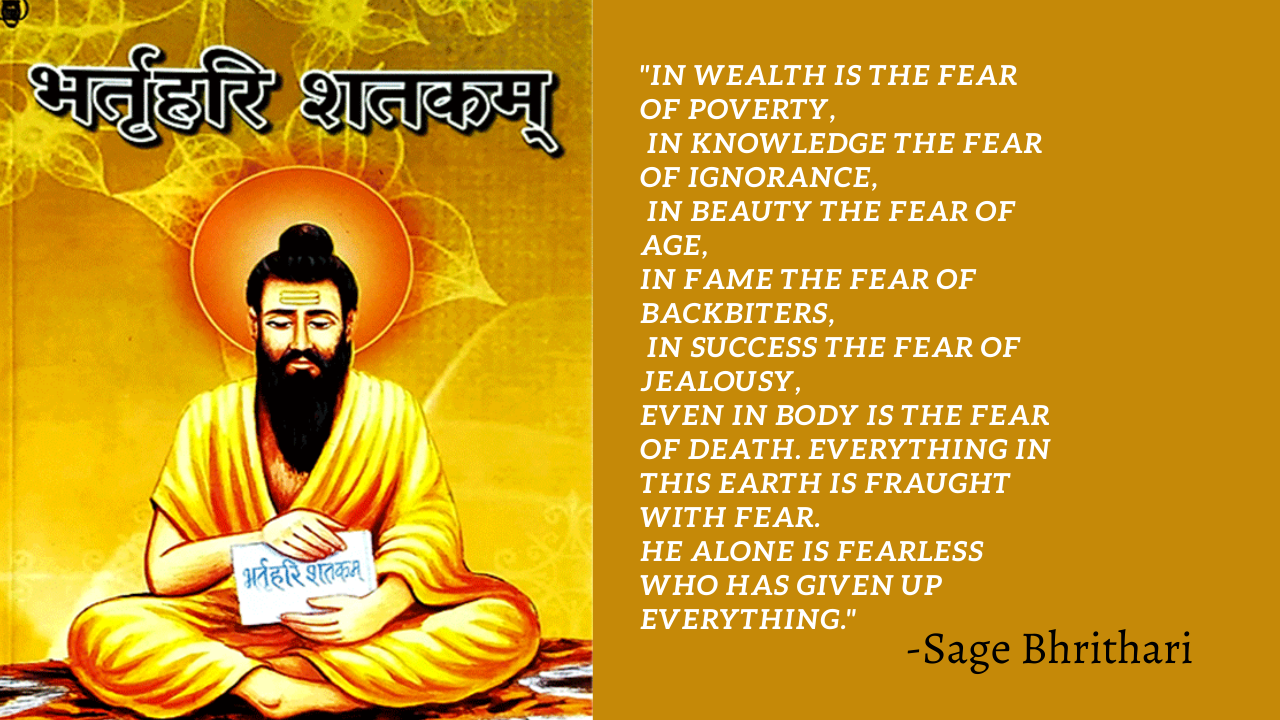Is Spirituality Silly? Swami Vivekananda and Robert Ingerscoll Interaction.
19th century in America is known as the Golden Age of Free thought. The nerves of the 19th century American brain was flooded with the philosophy of free thought, that is, ideas and opinions should be based on science and reason, and not restricted by authority, tradition, or religion. Everyone was free to practice and preach their own ideas of life.
Robert G. Ingersoll (1833–1899) was one of the more prominent freethinkers of his time.
He campaigned the idea of agnosticism - Agnosticism is the view or belief that the existence of God, of the divine or the supernatural is unknown or unknowable. It means that human reason is incapable of providing sufficient rational grounds to justify either the belief that God exists or the belief that God does not exist.
Because of his intense agnosticism, Ingerscoll was known as the "Great Agnostic". Ingersoll, a lawyer, an orator and a Civil War veteran, is famous for his skeptical approaches to popular religious beliefs. He would speak in public about orthodox views and would often poke fun at them. Guests would pay $1 to hear him speak.
About the same time of Ingerscoll propagating his ideas on agnosticism, it was Swami Vivekananda, who too was touring America to deliever lectures on Vedanta.
It once happened that both these totally opposite personalities came to meet each other. It is their conversation on which our today's blog is on.
Describing his meeting and talk with Ingerscoll, Swami Vivekananda says,
"In America there was a great agnostic, a very noble man, a very good man, and a very fine speaker. He lectured on religion, which he said was of no use; why bother our heads about other worlds? He employed this simile; we have an orange here, and we want to squeeze all the juice out of it.
I met him once and said, "I agree with you entirely. I have some fruit, and I too want to squeeze out the juice. Our difference lies in the choice of the fruit. You want an orange, and I prefer a mango. You think it is enough to live here and eat and drink and have a little scientific knowledge; but you have no right to say that that will suit all tastes. Such a conception is nothing to me. If I had only to learn how an apple falls to the ground, or how an electric current shakes my nerves, I would commit suicide. I want to understand the heart of things, the very kernel itself. Your study is the manifestation of life, mine is the life itself.
Ingersoll said to me: "I believe in making the most out of this world, in squeezing the orange dry, because this world is all we are sure of." I replied: "I know a better way to squeeze the orange of this world than you do, and I get more out of it. I know I cannot die, so I am not in a hurry; I know there is no fear, so I enjoy the squeezing. I have no duty, no bondage of wife and children and property; I can love all men and women. Everyone is God to me. Think of the joy of loving man as God! Squeeze your orange this way and get ten thousandfold more out of it. Get every single drop."
"My philosophy says you must know that and drive out from your mind all thoughts of heaven and hell and all other superstitions, even though they exist in the same sense that this world exists. I must know the heart of this life, its very essence, what it is, not only how it works and what are its manifestations. I want the why of everything. I leave the how to children. As one of your countrymen said, 'While I am smoking a cigarette, if I were to write a book, it would be the science of the cigarette.' It is good and great to be scientific, God bless them in their search; but when a man says that is all, he is talking foolishly, not caring to know the raison d'être of life, never studying existence itself. I may argue that all your knowledge is nonsense, without a basis. You are studying the manifestations of life, and when I ask you what life is, you say you do not know. You are welcome to your study, but leave me to mine."
This conversation is a very straightforward answer by the lord of witty replies, Swami Vivekananda himself, to the wrong notion that being spiritual means being impractical. People today very jokingly disregard practicing various disciplines like truthfulness, unselfishness, kindness, sticking to morals as simply impossible in this cruel world.
Unselfishness is more paying, only people have not the patience to practise it. Our best work is done, our greatest influence is exerted when we are without thought of self. To squeeze the orange in the best way possible, it is the door of spirituality which one must seek.
Spirituality is the real treasure which an ever evolving, ever progressing human must attain before attaining trifling worldly achievements.
Thanks,
Daksh Parekh.



Comments
Post a Comment